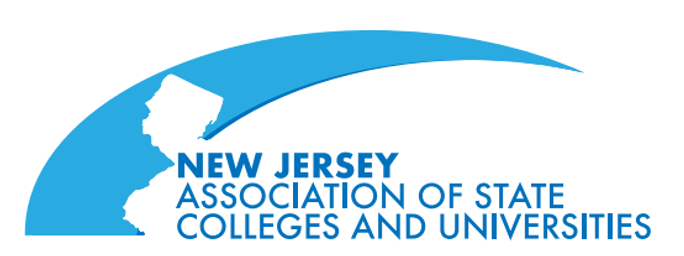Recognizing that the challenges of educating first-generation students and student of color are higher — and that their retention rate is lower — the leaders of New Jersey City University in April unveiled a Recovery and Revitalization Plan for the school that will make it easier for students in these groups to reach the finish line of obtaining a four-year degree from the school.
These efforts, which are part of a 24-page proposal that has been presented to the Governor’s Office, included radically changing how students can bring credits into NJCU in two ways:
- Ensuring all classes completed at a New Jersey community college will transfer as general education credits;
- Expanding programs with nearby high schools, which will enable more courses taken at the K-12 level to transfer.
In the plan, university officials emphasize the need for the school to work with its stakeholders to ensure success — something it has been working to do since last spring, when it declared a financial emergency, continuing through this year, when it announced in January that Andrés Acebo would serve a two-year term as interim president.
Acebo, who has pushed a sense of collective effort since taking the top spot, was overwhelmed earlier this week when the NJCU Senate helped make the plan a reality, approving the proposal with 95% support.
“This reform was at the heart of our academic overhaul, as outlined in our Recovery and Revitalization Plan, and this vote by the University Senate overwhelmingly endorses the fact that, through our collective shared governance, we don’t just have a plan, we have a plan in action,” he said. “I am proud that my first three months in office have been marked by unprecedented engagement and collaboration with our university union leaders and our University Senate, to move with urgency.
“For this plan to be adopted with 95% support demonstrates that our recovery is not merely about cutting, but now is focused on innovating and driving a singular mission of access, equity and economic mobility for our students.”
NJCU serves the most racially and ethnically diverse student population of any public four-year institution in the state — and is New Jersey’s longest-standing minority- and Hispanic-serving public university. Consider:
- Hispanic students make up 18% of all New Jersey college students, but 45% at NJCU;
- Black students make up 12% of all New Jersey college students, but 20% at NJCU.
The majority of NJCU’s students also identify as first-generation.
Understanding this, NJCU officials said in their action plan that it is their vision and mission to meet the student populations where they are and confront the disproportionate personal and academic challenges they face.
“The charge is simple, but significantly important: NJCU needs to lift all barriers to academic success from the underserved populations that we must serve and are uniquely positioned to serve,” they wrote.
NJCU officials said the overhaul of its general education program ensures that any course certified by the New Jersey Council of County Colleges to satisfy general education requirements in community colleges will satisfy the general education requirements at NJCU — even classes without direct equivalencies at NJCU.
NJCU, the only four-year institution in New Jersey with this policy, is on target to become the most transfer-friendly public university in the state.
Interim Provost Donna Adair Breault praised the University Senate for affirming the most significant overhaul of the school’s gen ed curriculum in decades, saying the impact will be huge.
“Reforming an institution’s general education curriculum can be challenging, and change in academia can often be daunting,” she said.
The University Senate, Breault said, was willing to take on the task.
“They did this because they are committed to the mission of this university, and they want to see our students thrive and complete their degrees,” she said.
The impact of the reform will be deep. It will help the school reengage with thousands of residents with some college but no degrees — and thousands of students who have not yet started the process.
NJCU officials also said they are engaging with strategic school district partners with some of the most diverse local school districts that represent NJCU’s natural pipeline — including Jersey City Public Schools, Hudson County Schools of Technology, Union City Public Schools and Hackensack Public Schools.
NJCU is working on preliminary frameworks for dual enrollment partnerships and pre-college articulations.
“Our objective is to bring the possibility of a degree and economic mobility to where the students in our community find themselves,” school officials wrote in the report.
“With deliberate intention, the university has connected and begun to formulate the basis for unique articulations with P-12 districts and high schools to establish pipelines for college with a specific emphasis on first-generation students and students of color from low-income backgrounds. NJCU’s mission will drive economic mobility for the most socioeconomically, racially and ethnically diverse student populations at any public university in New Jersey. NJCU will proudly champion who it organically serves.”
Enrollment
NJCU currently serves 4,320 undergraduates and 1,599 graduate students. Enrollment declined 12% from Fiscal Year 2020 until this year. A year-over-year enrollment decline spiked during FY 2022, when it was 10%, and now in FY 2023 is back at 3%.
Source: ROI-NJ
